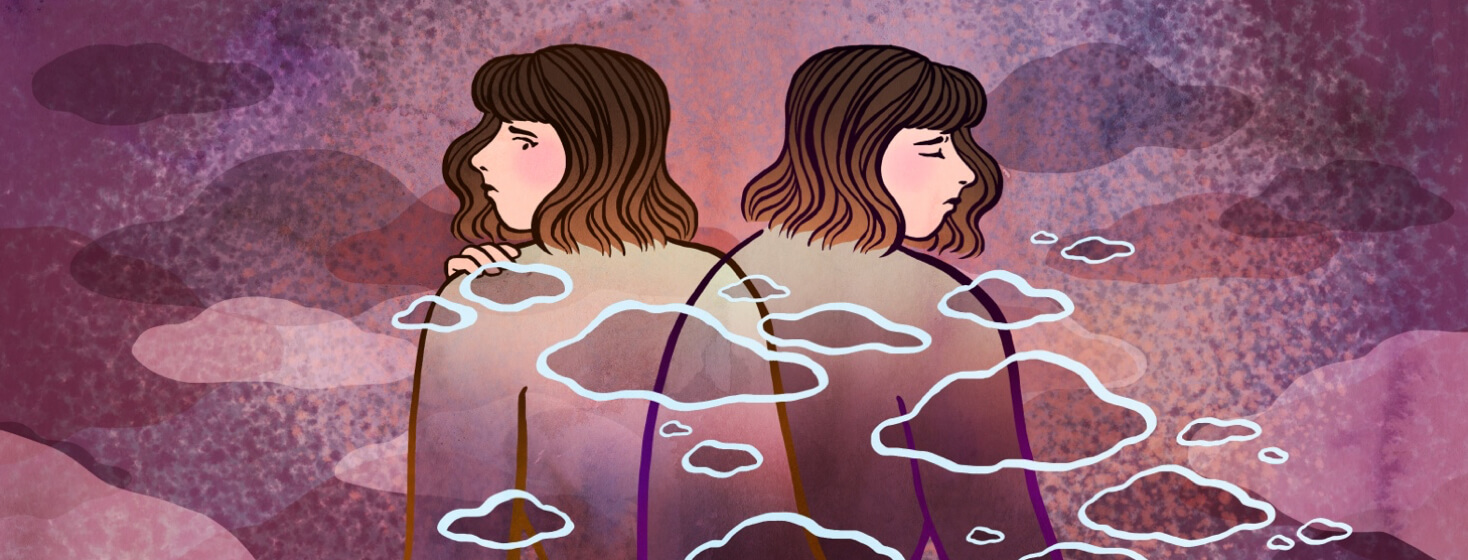How Narcolepsy Leads to Disenfranchised Grief
When we are diagnosed with narcolepsy, there is a common mixture of feelings that arise. It is incredibly validating to know that our experiences are real and not “all in our heads.” We also learn that there are treatment options available to help us manage our symptoms.
However, at the same time, this also comes with the knowledge that these sleepy changes are permanent. This immediately brings to mind all of the visions we had for our futures, which may no longer be realistic.
Letting go of our hopes
The loss of the futures we imagine for ourselves is a real source of grief. I know that many people come to realise that some of their dreams might not come true over the course of their lives. However, it is a very different thing to have many open doors suddenly closed to you at once. It is also through no fault of your own.
The thing that may make this process most difficult of all is the fact that we often don’t feel as if this pain is legitimate, and others around us are unlikely to understand.
Invalidated and alone
This concept is known within psychology as “disenfranchised grief.” Grief researcher, Kevin Doka, describes this as “losses that people have that aren’t always acknowledged or validated or recognized by others. You can’t publicly mourn those, receive social support or openly acknowledge these losses.”1
As you can imagine, grieving without others acknowledging your right to that pain, or providing support, can be incredibly damaging to one’s mental health.
In those with chronic illnesses, including the narcolepsy community, I believe disenfranchised grief is very common. Because our condition is largely invisible and misunderstood by the general public, it makes sense that other people have very little appreciation of how deeply diagnosis can affect us. They don’t see the ways that our symptoms make our lives difficult to manage every day. They also don’t understand the crushing disappointment that comes with realising that this difficulty will always be there.
The 2 faces of disenfranchised grief
There are 2 ways that disenfranchised grief can be caused in this situation. First, we can try to reach out for support, which can often result in a complete lack of understanding. People can also start to lean on unhelpful downplaying of the very real sense of loss that we feel. This may be rooted in good intentions if they are trying to help you keep your mind off things or convince you that “things could be worse.” However, it is important to validate that this grief is real and very normal to experience.
The second option is that we anticipate this lack of understanding from those around us and simply choose to keep our true feelings to ourselves. Unfortunately, this suppression of our deeper emotions can lead to worse mental health outcomes in the long term. Without being able to outwardly express our frustrations, resentments, sadness, or despair, they remain simmering under the surface. Over time this can slowly poison our entire outlook on life.
So, the question remains: how can we move through our disenfranchised grief in a healthy way?
Finding connection and validation
As with so many issues relating to chronic illness, part of the solution can lie in kindred spirits. We benefit so much from connecting to others who have experienced this same journey of narcolepsy diagnosis. In being able to chat with someone who has experienced both the positives and negatives of this life-changing event, we can start to unravel some of the shame we have internalised for not responding to this news in the way some others might expect us to.
Other people with narcolepsy may not have responded to their diagnosis in the exact same way you did. Still, most of us with this experience will have some similar feelings about how these situations have affected us. Having that trust that the other person can listen without judgement is exactly the type of connection that can help to heal disenfranchised grief.
Seeking professional support
Another good option is to talk with a mental health professional (e.g., a psychologist, therapist, or counsellor). I know this is something you might hear a lot, especially from me! However, I strongly believe in the advantage of seeking support in our healing journey.
While not all are created equal, every mental health professional should be helping you work through your issues without judgement. They should never be inserting their own opinions on your thoughts, feelings, or actions. This prevents the type of misinformed statements you might hear from a loved one who doesn’t stop to think before they speak.
Giving pain a name
In many aspects of life, I find that being able to put a specific name or story to one of my experiences helps me make better sense of it. It can also help me describe it to others. I hope that this post will help you to be more gentle with yourself the next time disenfranchised grief raises its head.

Join the conversation